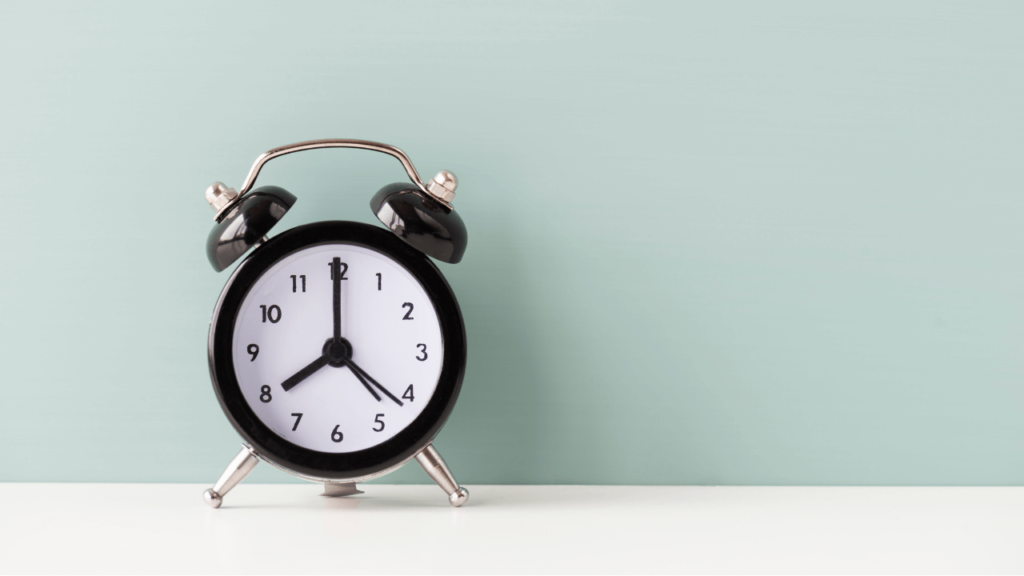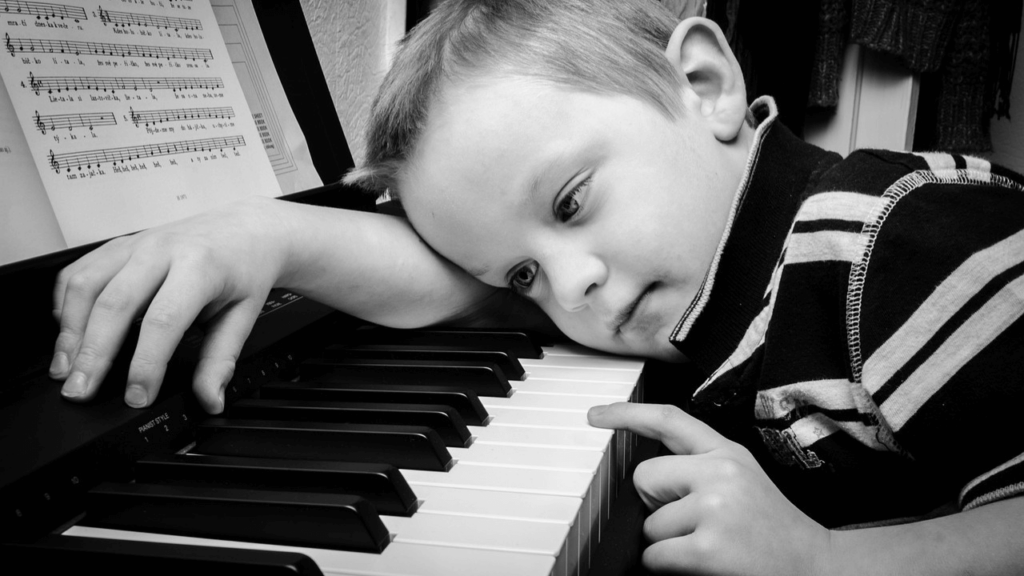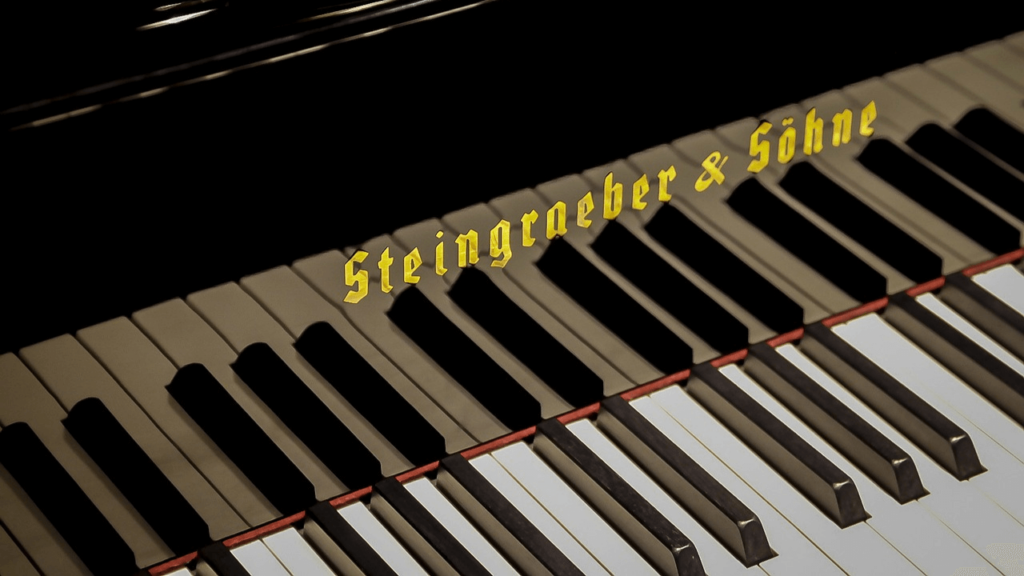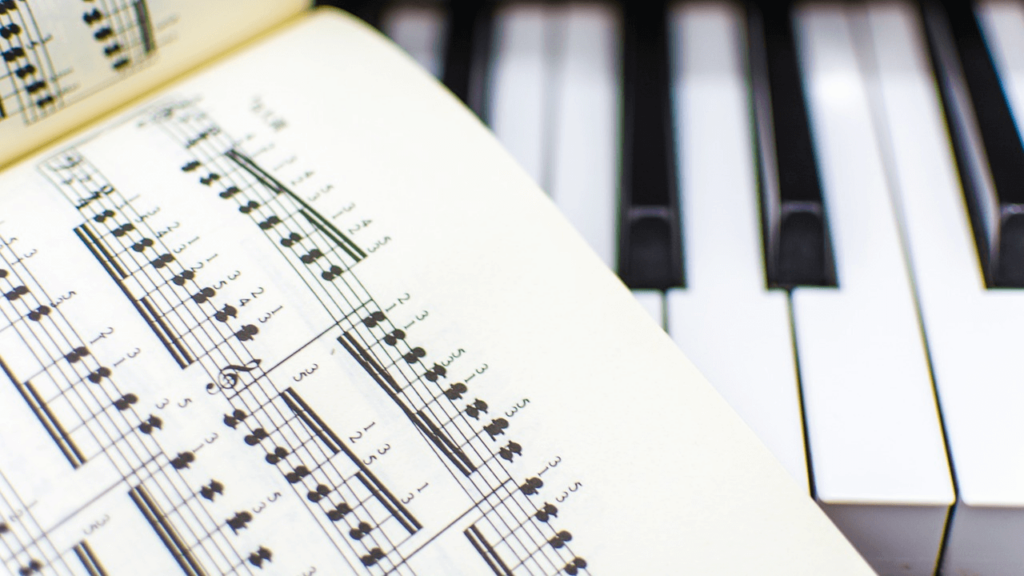“I started learning piano as an adult, but I’m too busy to continue…” “I’m not improving as I hoped—maybe it’s time to quit…”
Many adult piano learners have similar concerns. In fact, it’s said that the dropout rate among adults who start piano is higher than that of children.
In this article, we’ll introduce the main reasons adults quit piano along with tips to prevent giving up. We hope it helps anyone who’s unsure whether to continue.
- Top 10 Reasons Adults Quit Piano
- 1. Too Busy to Secure Practice Time
- 2. Hitting a Plateau and Losing Motivation
- 3. Difficulty Reading Sheet Music
- 4. Lesson Costs Are Too High
- 5. Lesson Pacing or Teacher Compatibility
- 6. Concerns About Noise Complaints
- 7. Other Hobbies or Work Took Priority
- 8. Difficulty Shifting Mental Focus
- 9. Practice Songs Are Boring
- 10. Losing Sight of Why You Started
- Final Thoughts: Thinking of Quitting Piano?
- Summary
Top 10 Reasons Adults Quit Piano
1. Too Busy to Secure Practice Time

Adults often juggle many tasks—work, housework, parenting, hobbies, and lessons—all within limited time.
In particular, the inability to set aside enough time to practice causes many to lose motivation and eventually quit.
Tips for Long-Term Continuation
- Short focused practice: Use spare time for 15–30 minutes of quality practice per day.
- Visualize practice time: Use a calendar or app to log your sessions and stay motivated.
- Make it a habit: Schedule practice at consistent times, like first thing in the morning or after work.
2. Hitting a Plateau and Losing Motivation

Adults often feel that they learn new things slower than children.
Learning basics like reading sheet music and moving fingers correctly can be frustrating, and the inability to play as expected leads many to give up.
How to Overcome Low Motivation
- Set small goals: Start with simple pieces to enjoy the feeling of accomplishment.
- Record yourself: Listening back helps you see how far you’ve come.
- Re-evaluate your approach: Try different practice methods or choose songs that suit your style.
3. Difficulty Reading Sheet Music
-1024x576.png)
Some people take a long time to read sheet music, and the stress of reading often outweighs the joy of playing.
Adults starting piano often find reading music harder than children do.
How to Handle Difficulty Reading Sheet Music
- Practice slowly: Don’t jump into hard pieces—build a foundation with easier ones.
- Mark up your scores: Write in note names or fingerings to reduce confusion.
- Use note-drop videos or rhythm games: Try tools that don’t require reading sheet music.
4. Lesson Costs Are Too High

Taking regular piano lessons can feel like a financial burden, especially when balancing them with other monthly expenses.
Tips for Managing Cost Issues
- Self-study is free: With discipline, you can progress without spending money.
- App-based learning: Apps offer structured lessons at a low cost.
- Online lessons: More affordable than in-person options and save travel time.
5. Lesson Pacing or Teacher Compatibility

Some people lose motivation because the teacher’s style doesn’t match their expectations or because the lessons feel too strict and unenjoyable.
Adults usually have a clearer idea of what they want to learn, so finding the right teacher is essential.
How to Choose Lessons That Fit You
- Take trial lessons: Try different teachers or schools to find one that fits your learning style.
- Communicate your goals: Be upfront about what genres you like, your goals, and how often you want to practice.
- Consider online or video-based learning: You might discover a better fit for your personality and schedule.
6. Concerns About Noise Complaints

If you use an acoustic piano instead of a digital one, the sound can be quite loud and intrusive.
People living in apartments or other shared housing may hesitate to practice due to worries about bothering their neighbors.
Ways to Prevent Noise Issues
- Use a digital piano with headphones: Great for quiet nighttime practice.
- Try soundproofing solutions: Soundproof rooms or mats can help reduce noise in shared living spaces.
- Talk to your neighbors: Let them know your practice times to maintain good communication and minimize misunderstandings.
7. Other Hobbies or Work Took Priority

Even if you were excited when you started, it’s easy to lose momentum when other hobbies or a busy work season takes over.
Your time and energy may get consumed elsewhere, leading to piano slowly falling by the wayside.
Tips for Continuing Piano Practice
- Set a target piece: Choosing a song you want to play or a goal like a performance helps keep you focused.
- Find a community: Connect with other piano enthusiasts via social media or clubs for encouragement and inspiration.
- Rotate priorities temporarily: After a busy spell, intentionally make piano a short-term priority again.
8. Difficulty Shifting Mental Focus

Busy adults often find they simply lack the mental bandwidth to focus on piano after a long day of work, chores, or childcare.
What started as a fun hobby may turn into another source of stress, causing some to give up.
Tips to Get Back into Piano
- Use piano as a mental reset: Think of it as a relaxing activity, not an obligation.
- Choose easy or favorite songs: Play pieces that don’t add stress and bring enjoyment.
- Give yourself permission to rest: It’s okay to take breaks and return when you’re refreshed.
9. Practice Songs Are Boring

You may want to improve at piano but find yourself bored by repetitive drills like Hanon or Beyer exercises.
Practicing pieces that don’t match your personal music interests can reduce motivation to continue.
Making Practice More Enjoyable
- Include your favorite genres: Try pop, anime, or film scores to keep things interesting.
- Find easy arrangements: If your dream piece is too hard, start with a simplified version.
- Understand the purpose: Realize that exercises like Hanon or Beyer build finger strength and reading skills.
10. Losing Sight of Why You Started

Maybe you started piano just out of curiosity, but without a clear goal, it’s easy to question why you’re practicing at all.
How to Stay Connected to Your Purpose
- Set a goal or performance: Whether it’s a recital, jamming with friends, or uploading videos, having a reason to play helps.
- Enjoy piano in your own way: Whether for stress relief, relaxation, or brain training, find your personal motivation.
- Don’t overthink it: Music is meant to be enjoyed. Let yourself play for fun!
Final Thoughts: Thinking of Quitting Piano?

1. Consider Taking a Break Instead of Quitting
Ask yourself if you truly want to stop, or if you’re just in a temporary slump. Taking a break for a few weeks or months might help.
2. Explore New Goals or Learning Methods
- Post videos on social media: It helps clarify your goals and boosts motivation.
- Find performance opportunities: Participating in recitals or open mics can reignite passion.
- Try different genres: Explore pop, jazz, or accompaniment to find what sparks joy.
3. Match Your Routine to Your Lifestyle
If traditional lessons or long practice sessions don’t fit your schedule, try switching to online classes or casual self-study to make piano more sustainable.
Summary
As an adult, learning piano can be challenging due to work, family responsibilities, cost, and time constraints.
Still, piano offers a unique source of joy and relaxation in everyday life.
If you’re feeling like giving up, review these ten common reasons and strategies before making a final decision. A small shift may be all you need to keep going!

